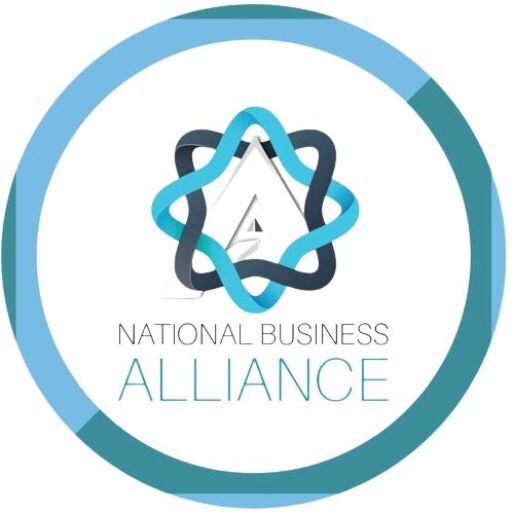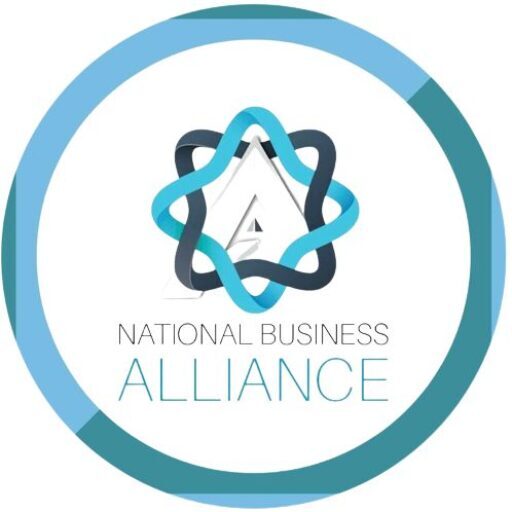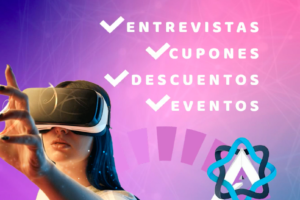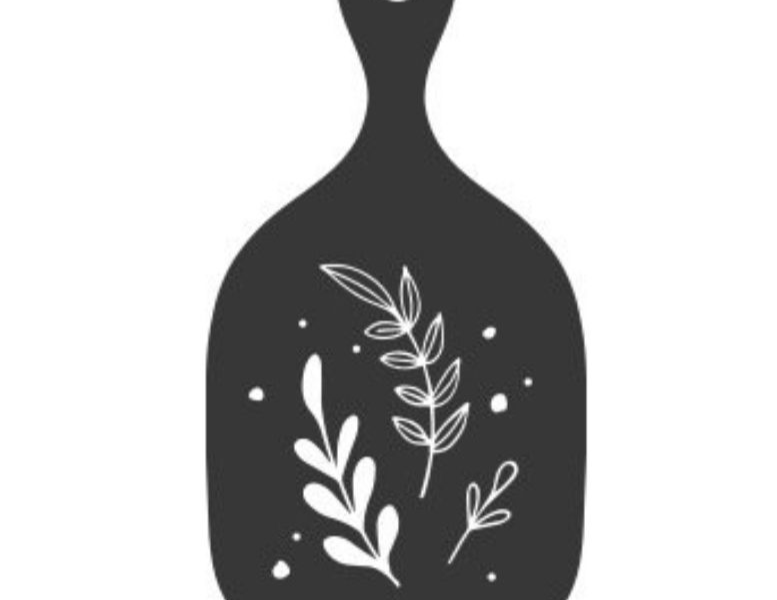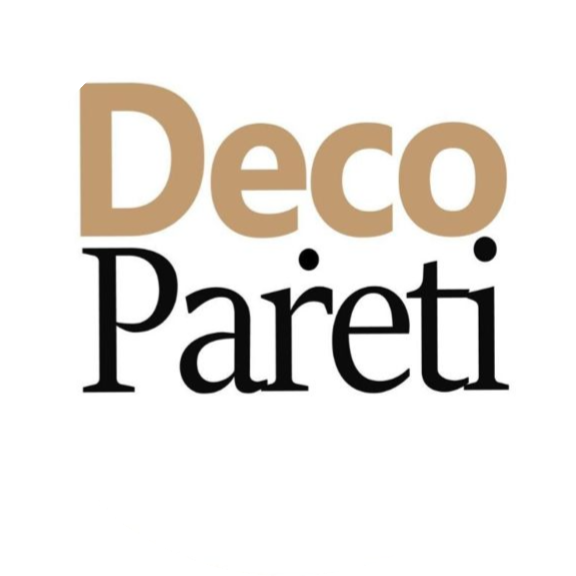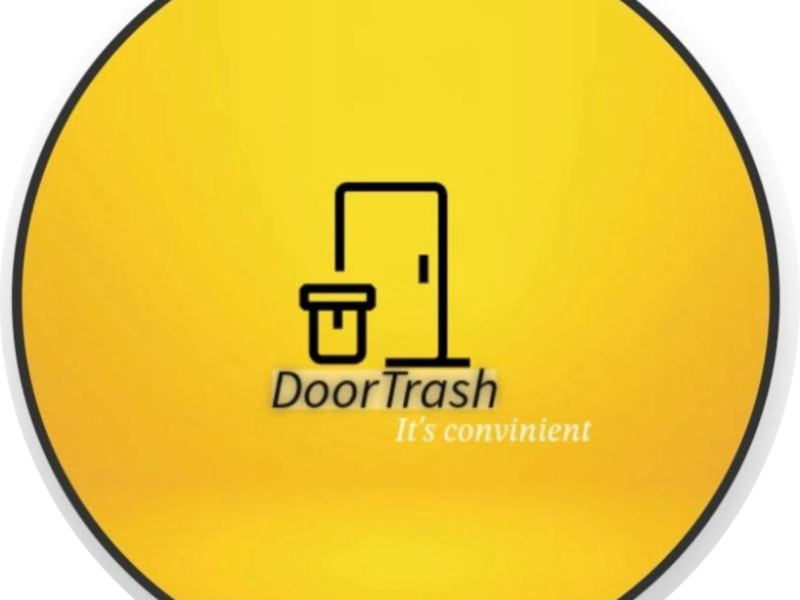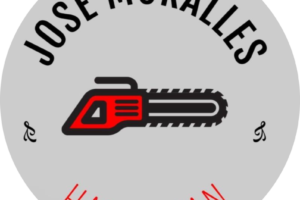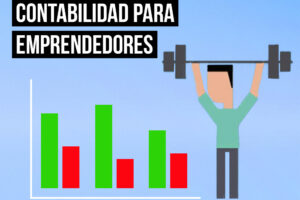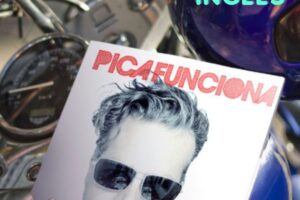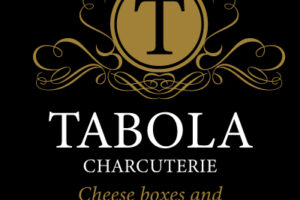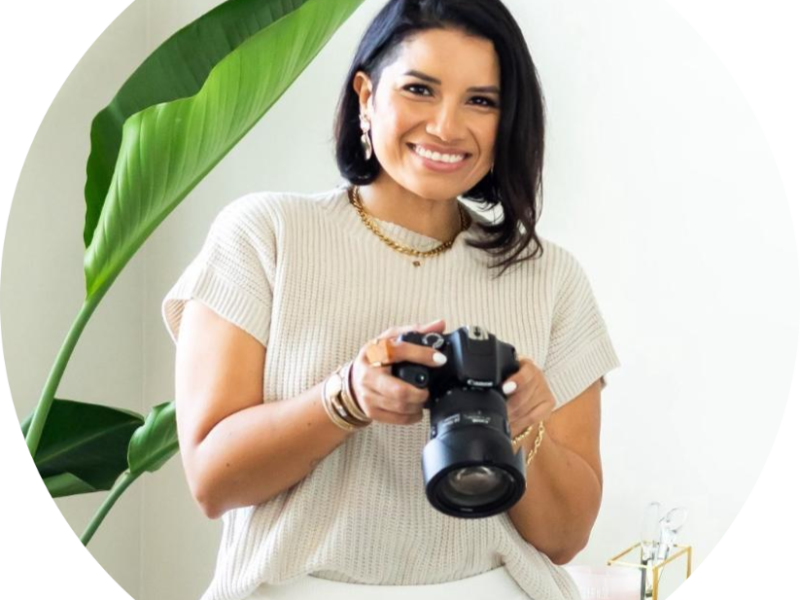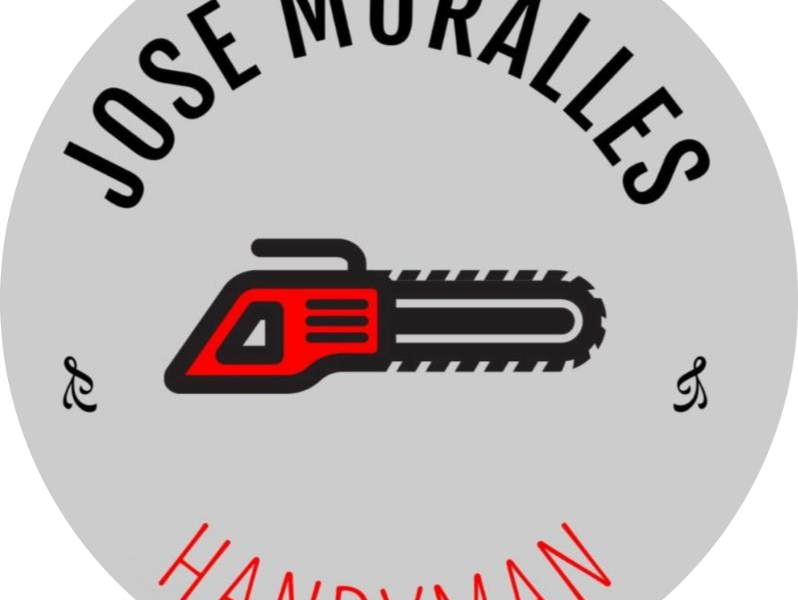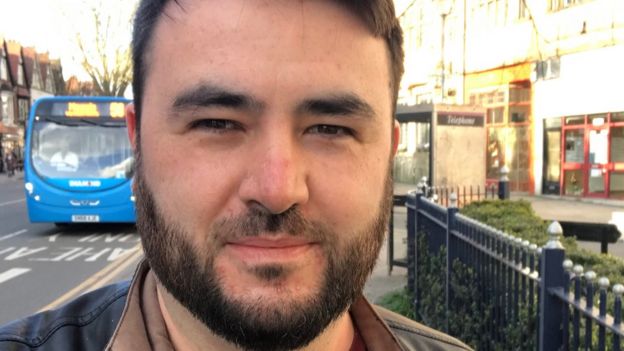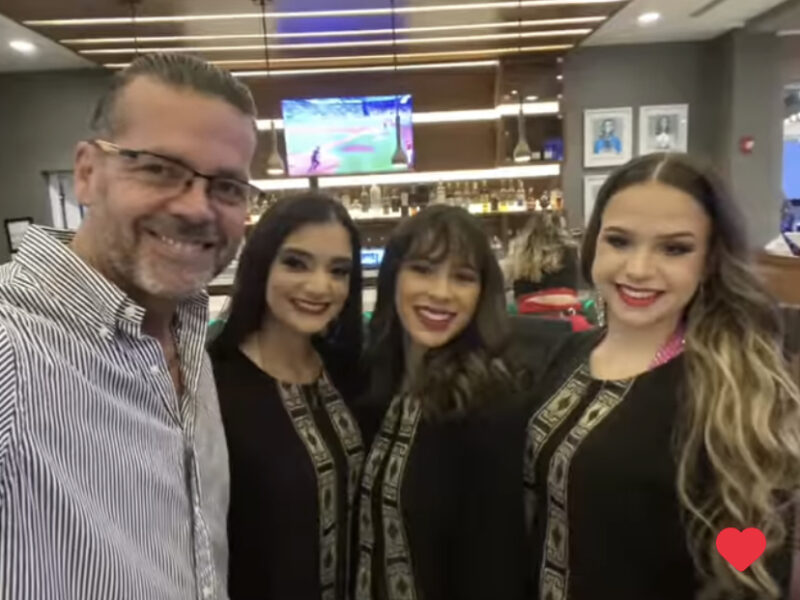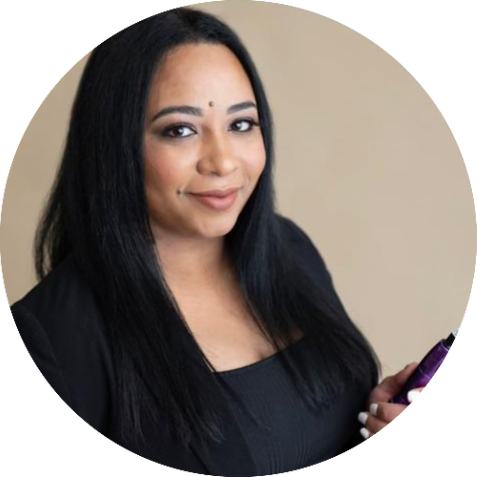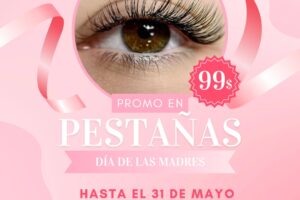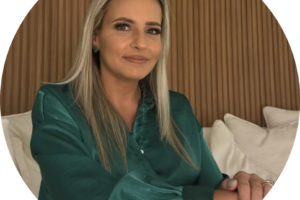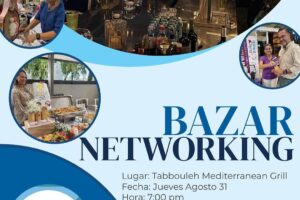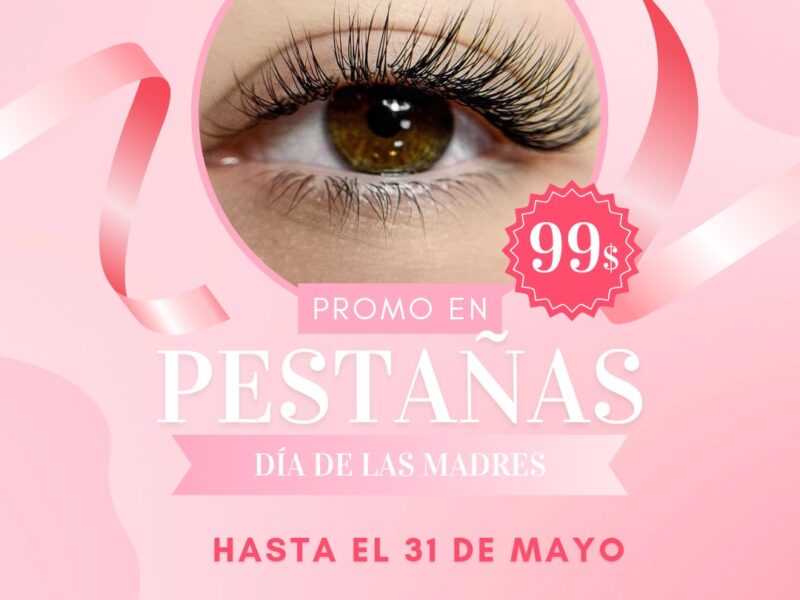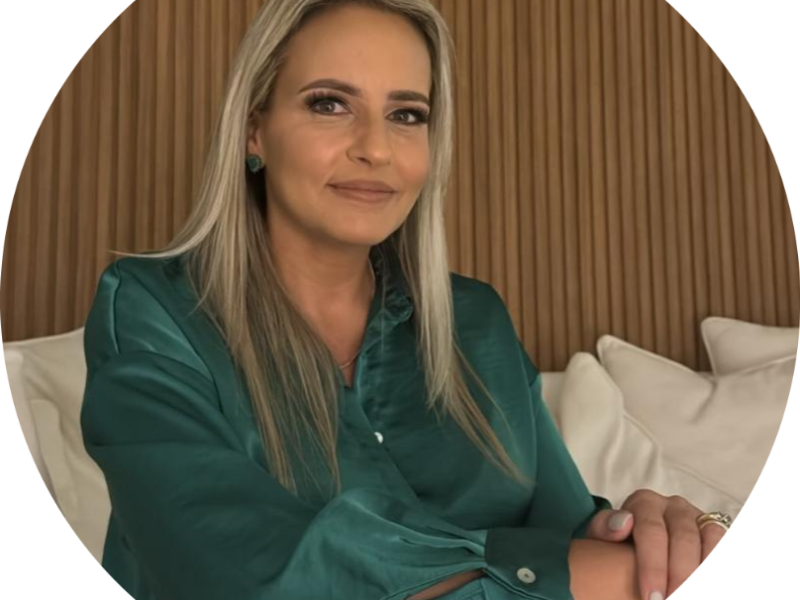Todd: So I’m here with Olga, and she’s a health coach, and we were talking about the difference between modern trends in nutrition and traditional health and things like that. I thought I would throw out some idioms, and you … age-old idioms, words of wisdom, and how they apply today.
So the first one is: variety is the spice of life.
Olga: I totally agree with that, and I see it in clinical practice to be true. You don’t really need to be Ph. D in healing or nutrition. If you throw into your diet variety, and it would change with the season, it would change with location, it would change with your mood and how your body feels, then that’s it. A variety can really give your body everything, and your body has all the knowledge, all the wisdom, and knows what to do with that.
Todd: So basically when we eat we shouldn’t just eat one type of food, we wanna make sure we have a very varied food supply of vegetables, fruit, even meat, things like that?
Olga: That is correct, and our ancestors used to have a variety that is not two, not five, not 10, but 100 times more than what we do now. Our ancestors would have 3,000 different food items that they would rotate.
Todd: Wow, that’s fascinating. Okay, how about the next one, common one: an apple a day keeps the doctor away?
Olga: That is actually very interesting, because the more I was looking into this particular fruit, the more respect I got for it. And when I designed liver detox systems, we have a special apple day, and we use malic acid and apples as a preparation to dissolve gallbladder and liver stones, and you can go on and on and on about all the components of an apple. It’s so complicated, and yet so simple. You just grab an apple, bite, chew, swallow, done.
Todd: Wow. And I think also it’s kind of like basically if you just eat unprocessed foods, if you eat natural foods, right, then you will probably stay healthy and you won’t need to see the doctor.
Olga: Well, this is exactly what the proverb says, and it’s very literal.
Todd: Okay, so how about one not related to food: all work and no play makes Jack a dull boy, which I guess means if you just work all the time and you don’t rest and relax and have fun, then you’ll just be a boring person.
Olga: Well, actually any kind of extreme has health consequences. We talk a little bit about toxicity and deficiency as roots of any health problems, so when you don’t have enough of something, or too much of something, both cause problems.
Todd: Wow, that’s fascinating. Okay, so let’s talk about sleep. The early bird gets the worm. So I think it means that people that go to bed early and wake up early, they’re more productive? Do you think that’s what it means?
Olga: Well, I’m not sure. Honestly, I’ve seen people really individualize their life, and some people go to bed late and wake up late, and they’re still productive. And in different times of our lives we have different periods when it’s better to go to bed early and wake up earlier, and other times it’s okay to go to bed late and wake up late. But in general, yes, Chinese medicine talks a lot about their times for the different meridians that represent organs.
For example, from 11:00 in the evening until 3:00 in the morning, it’s liver and gallbladder time. So if you’re up during that time, these organs do not rejuvenate, they don’t repair, and it’s tremendous stress for them.
Todd: Wow. Okay, so let’s talk a little bit about medicine and seeking help. How about a stitch in time saves nine?
Olga: Well, I think it’s true for a lot of things in the healing world. It’s much, much easier to prevent disease than to reverse it. So a lot of times if you get the disease, the best-case scenario in modern medicine is just to control the symptoms and to slow down the progression. But if you use the natural preventive medicine, it’s actually much less effort, and you can enjoy life and you can enjoy that first stitch without ever thinking or needing the nine that would be needed if you didn’t do something preventive.
Todd: Okay, wow, fascinating. And the last one, I think this is … you’ve talked about this before. Too much of a good thing is a bad thing.
Olga: Yes, again, I can refer to Oriental wisdom of yin and yang. If you can visualize the symbol of yin-yang, usually it’s two half-circles, and there is a seed of the opposite color right in the middle of it. So in the white you would have a seed of black, and in the black a seed of white, and they constantly turn into each other. So too much of something turns into its exact opposite.
Todd: Wow, fascinating. Thanks a lot.
Olga: Most welcome.
1) Variety is the spice of life means … 
2) An apple a day keeps the doctor away means …. 
3) All work and no play makes Jack a dull boy means … 
4) The early bird gets the worm means … 
5) A stitch in time saves nine means … 
